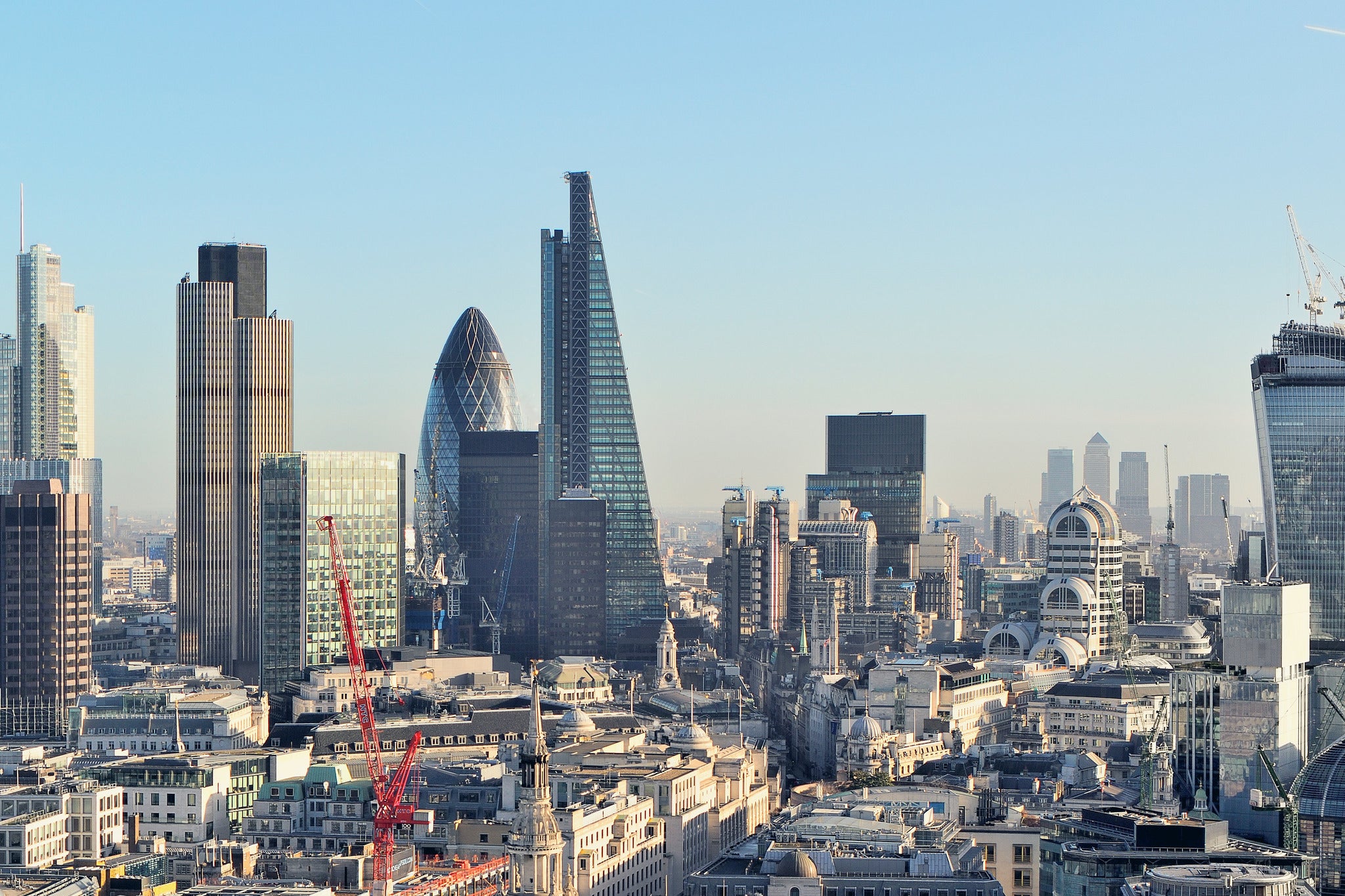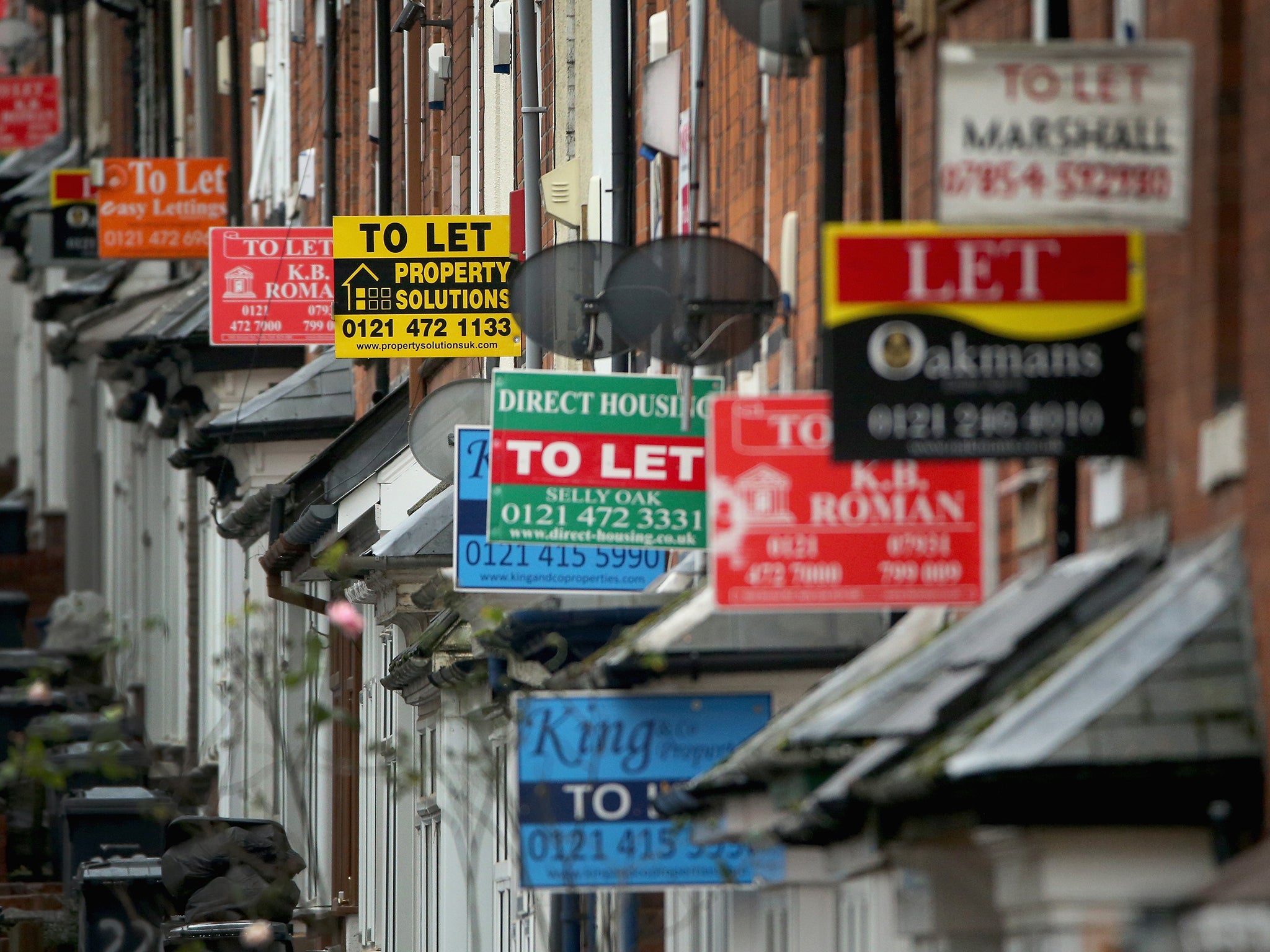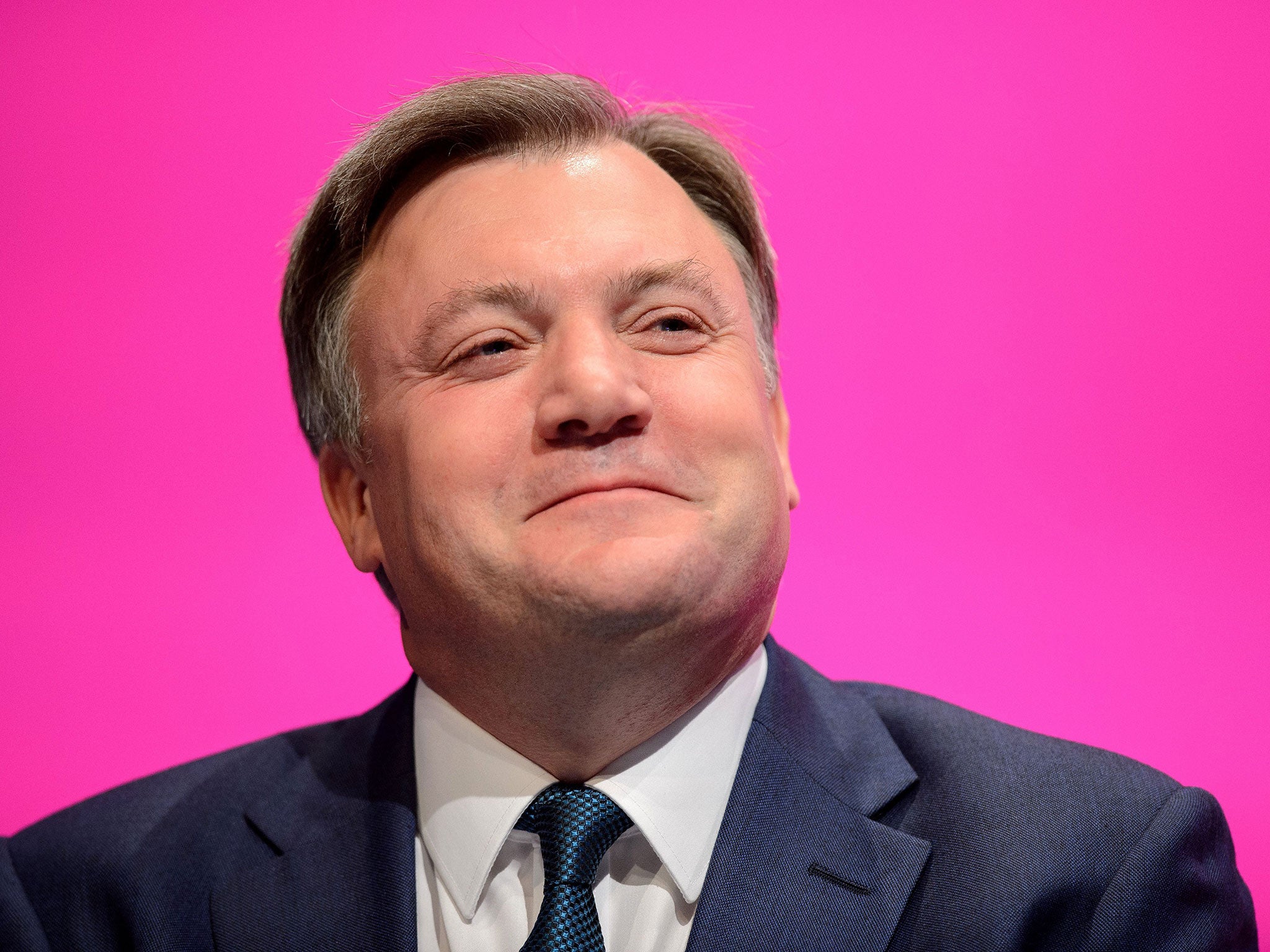6 Labour manifesto policies that aren't quite what they seem
There's more than meets the eye to a number of big Labour policies

Labour launched its election manifesto today, but some of the party's policies aren't quite what they seem.
Here are a few where the devil is in the detail.
“Cut and then freeze business rates and maintain the most competitive corporate tax rates in the G7”

What’s not obvious about this: This sounds like a low-tax message, but there’s a catch: Britain already has by far the lowest corporation tax rate in the G7.
The second lowest is Canada, whose tax rate is 6% higher – which means this policy gives Labour the headroom to raise corporation tax by 6%.
“Ban exploitative zero-hours contracts”

What’s not obvious about this: If you interpreted this to mean “ban zero hours contracts – which are exploitative” – you’d be wrong.
It actually means “ban the particular zero hours contracts that we think are exploitative”. Labour’s policy is actually to make employers offer their zero-hours workers proper contracts after three months of working ‘regular hours’. What constitutes ‘regular hours’ isn’t defined.
“Freeze energy bills until 2017”

What’s not obvious about this: Unlike when the policy was announced energy bills are currently falling and are likely to fall more because of time-lags on falling oil prices.
This policy may end up doing nothing at all.
“Provide security for renters by guaranteeing three-year tenancies with a ceiling on excessive rent rises”

What’s not obvious about this: If you thought that Labour was proposing to cap rents here, you’d be wrong: read the detail carefully, and you’ll discover that the ceiling isn’t on the rent, it’s on the rate it can increase further. If your rent is already too high, this won’t help reduce it.
“Increase the National Minimum Wage to more than £8 an hour by October 2019”

What’s not obvious about this: If £8 an hour sounds like a big increase from £6.70 (the rate due to come in this year), you may be forgetting to take inflation into account.
Four years of inflation from October 2015 to October 2019 will make £8 seem like a lot less.
By way of comparison, an £8 wage today would have corresponded to a £6.99 wage four years ago – a whopping 19p higher than £6.70.
If inflation goes higher, an £8 minimum wage could even represent a fall – though Labour has left the possibility of going higher than £8 open.
“Cut the deficit every year and balance the books as soon as possible in the next Parliament”

What’s not obvious about this: Labour’s rhetorical focus today has been about deficit reduction, but there’s more to their policy than meets the eye. In speeches and interviews Ed Balls has been careful to say Labour is focusing on balancing the “current budget”.
This ‘current’ budget by definition excludes all capital spending. This means Labour won’t count the cost of all infrastructure investment, state housebuilding, school building, hospital building, or anything that could be labelled as ‘investment’ when it looks at whether the books are balanced.
This isn’t necessarily a bad thing, but it’s important to note that the target being chased is a different one from the other parties.
It’s also worth pointing out that ‘as soon as possible’ is a rather flexible deadline for this commitment.
Join our commenting forum
Join thought-provoking conversations, follow other Independent readers and see their replies
Comments
Bookmark popover
Removed from bookmarks